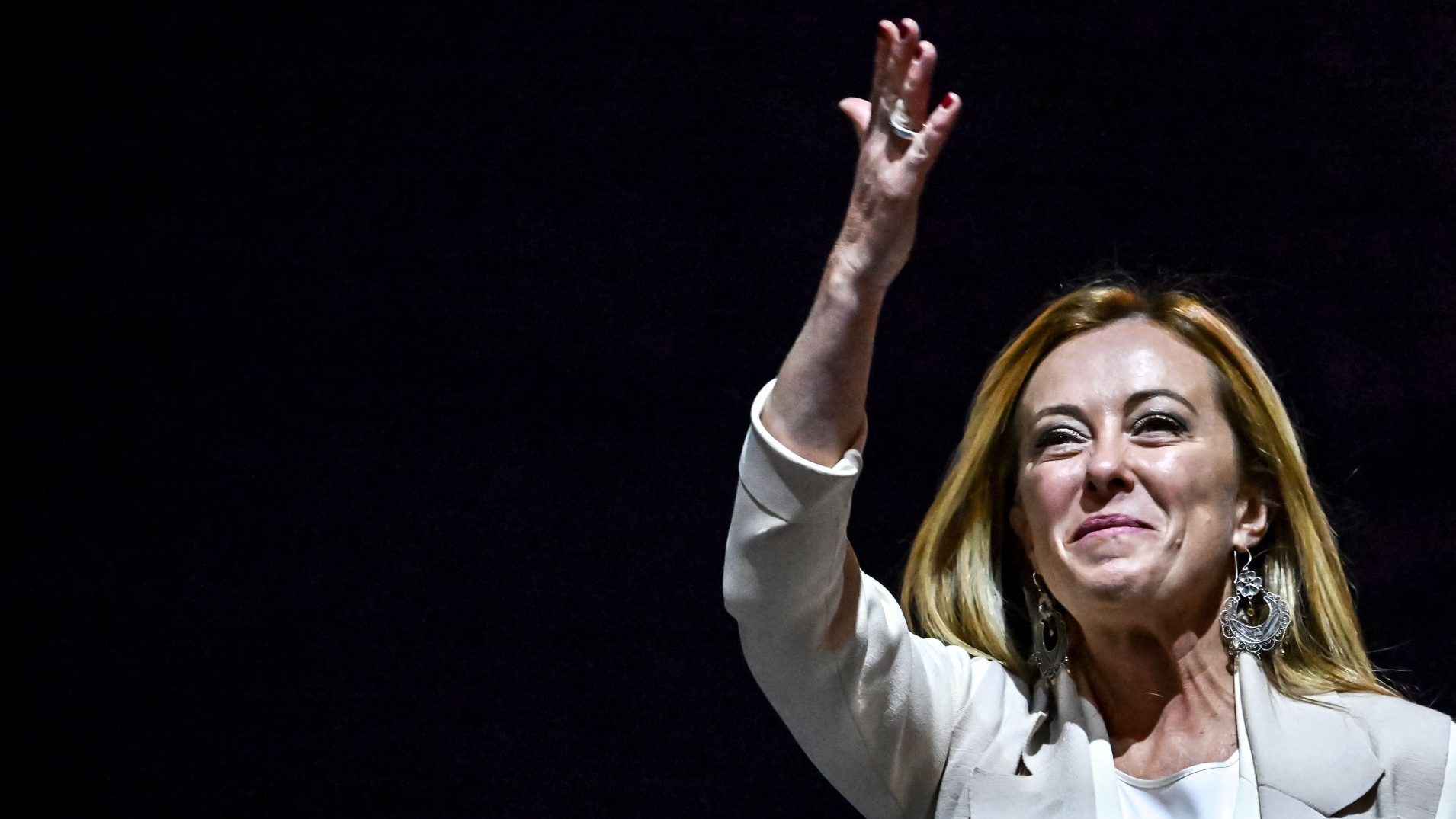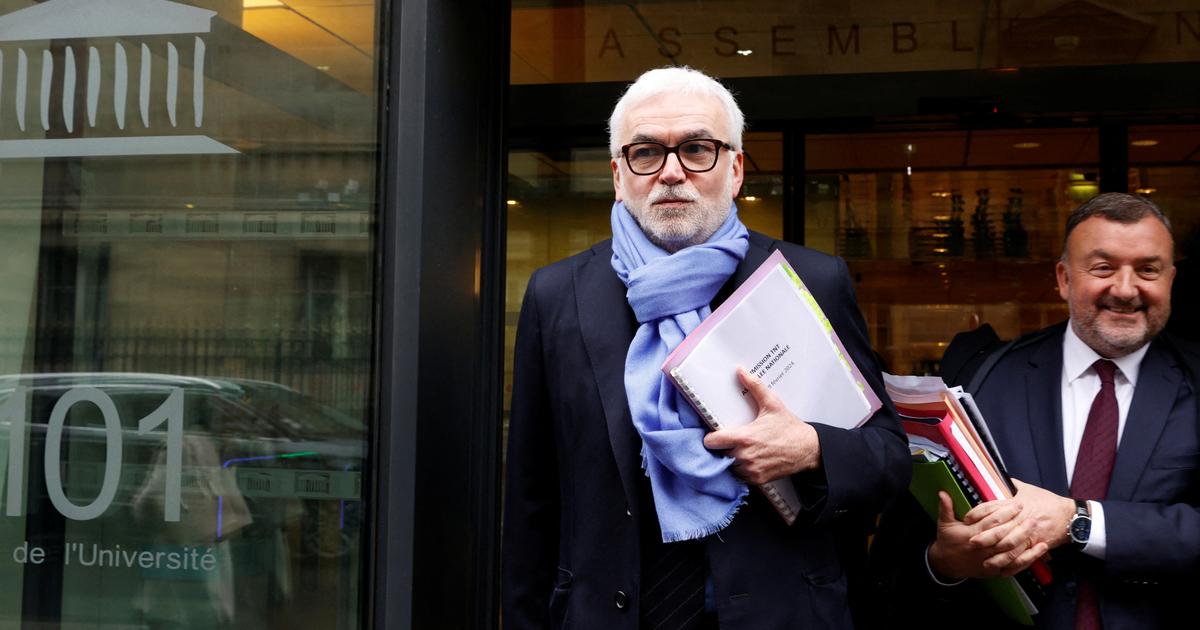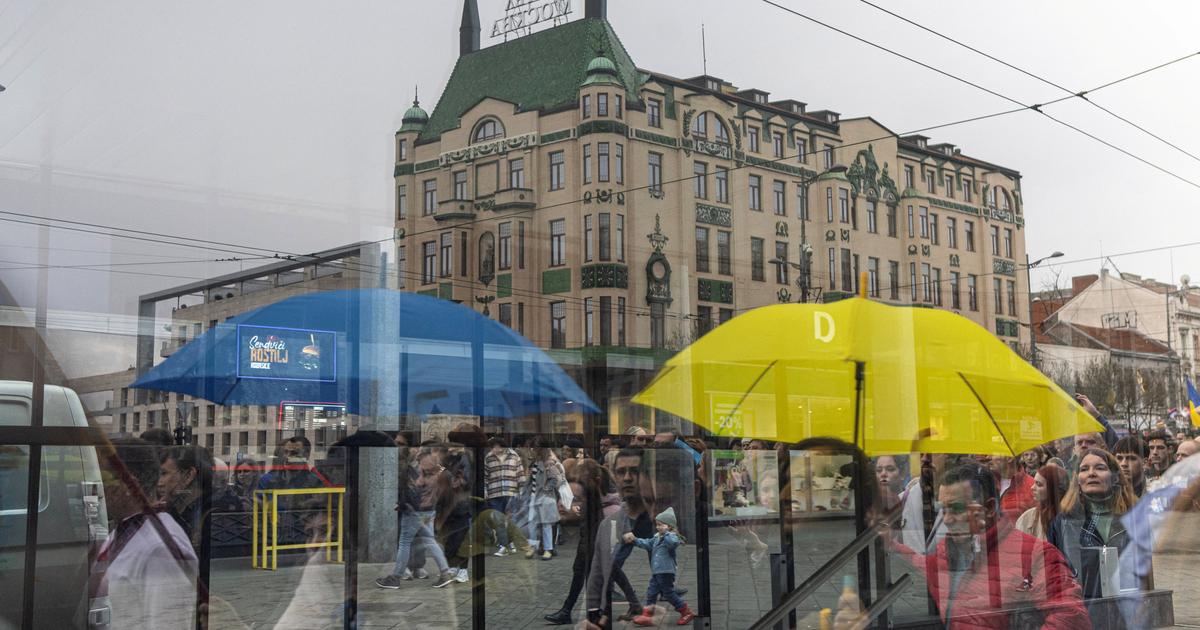Moisés Naím: Leaders and populations stop believing in democracy 6:12
(CNN) --
Everything indicates that on Sunday night Giorgia Meloni will become the prime minister of Italy.
Her victory would be historic not only because of her gender, but because she is the leader of a party that is further to the right than any other Italian political movement since the days of its former fascist leader, Benito Mussolini.
Her political platform will be familiar to those who have followed the rhetoric of the extreme right in recent years: she has openly questioned LGBTQ+ rights and the right to abortion, aims to curb immigration and seems obsessed with the idea that values and ways of life traditions are threatened by phenomena ranging from globalization to same-sex marriage.
It should come as no surprise that one of his biggest fans is Steve Bannon, the man who largely created the political ideology of former US President Donald Trump and is credited with giving birth to the American far-right movement.
His probable victory comes after the recent triumphs of the extreme right in other European countries.
advertising
Despite Marine Le Pen's defeat in the French presidential election to Emmanuel Macron, her supporters on the continent were enthused by both the popular content of her vote and how it has dramatically pushed France's political center to the right.
In Sweden, anti-immigration Sweden Democrats are expected to play a major role in the new government, after winning the second-highest share of seats in general elections earlier this month.
The party, now integrated into the system, has neo-Nazi roots.
Steve Bannon with Giorgia Meloni.
Europe's conservative right certainly feels that it is experiencing a renaissance after a few quiet years.
"Something is definitely happening. From France and Italy, the major European powers, to Sweden... it feels as if a rejection of the blatantly failed pan-European orthodoxy is taking hold among our citizens," says Gunnar Beck, a member of the European Parliament. on behalf of Alternative for Germany (AfD).
The AfD is a far-right party that became the first to come under the surveillance of the German government since the Nazi era.
Then, the Central Council of Jews in Germany welcomed the decision, saying: "The destructive policy of the AfD undermines our democratic institutions and discredits democracy among citizens."
The AfD shocked Europe in 2017 after winning more than 12% of the vote in Germany's federal elections, making it the country's third-largest party and main opposition party.
Marine Le Pen won 41% of the vote in the final round of this year's French presidential election.
Where does this impulse come from?
"The cost of living crisis undermines European governments and institutions. Of course, the war in Ukraine has made things worse, but before the war the European Green Deal and the monetary policy of the European Central Bank, for example, already Inflation numbers were going up. The erosion of living standards means that people are naturally dissatisfied with their governments and with the political establishment," adds Beck.
The crisis always creates opportunities for opposition parties, whatever their political ideology.
But the politics of fear in the context of the crisis tends to lend itself more easily to right-wing populisms.
"In the case of Meloni and his party, he was able to criticize both the establishment figure of Mario Draghi, an unelected technocrat installed as prime minister, and the populists who had propped up his coalition government," says Marianna Griffini, professor at the Department European and International Studies at King's College London.
Meloni is the latest in a long line of successful populist politicians in Italy.
Griffini says Italy's recent troubles have made it particularly susceptible to anti-establishment ideas.
"We suffered a lot as a country in the pandemic, especially at the beginning. A lot of people died, a lot of companies closed. We had a hard time getting support from the rest of the EU. Since then, the
establishment
and the governments of both (Giuseppe) Conte and Draghi have been easy targets to throw stones at.
Why does the crisis create a unique opportunity for right-wing populists?
"Most research shows that conservative voters have a greater need for certainty and stability. When our societies change, conservatives are psychologically predisposed to see a threat. So it's easier to unite those people against real change." or perceived threats such as the energy crisis, inflation, food shortages or immigrants," says Alice Stollmeyer, executive director of Defend Democracy.
And there are plenty of potential threats populists can point to right now.
"Rising food and fuel prices, loss of confidence in democratic institutions, growing inequality, decreased mobility between social classes, and concerns about migration have created a sense of despair that leaders unscrupulous people can easily exploit," says Nic Cheeseman, professor of democracy at the University of Birmingham, in central England.
He sees the current combination of crises as a "perfect storm for liberal democracy, and much greater efforts will be needed to combat it from those who believe in inclusion, government accountability and human rights."
The fact that we are talking about this recent wave of populism means that, by definition, we have already seen right-wing populists rise to power and also be defeated.
Why, then, is the prospect of another wave so alarming for those who oppose it?
"The paradox of populism is that it often identifies real problems but seeks to replace them with something worse," says Federico Finchelstein, a leading expert on populism and author of the book "From Fascism to Populism in History."
Italian far-right leader criticized for posting video of rape of Ukrainian woman
“They seek to replace the failures of political elites and institutions with powerful, cult-like leadership.
Trump was perfect for that and his figure encouraged others like Erdogan, Bolsonaro and even Orban to go even further”, adds Finchelstein, referring to the authoritarian leaders of Turkey, Brazil and Hungary, where democratic norms have been seriously undermined in the last years.
He also points out that populists are "generally very bad at running governments, as we saw with Trump and others during the pandemic."
That, in a nutshell, is the potential danger of this populist wave.
In a time of severe crisis, those who claim to have solutions can make things much worse for citizens.
And if things get worse, more crises are inevitable, which means more fear is inevitable, along with more opportunities for populists.
In Italy, it means little that Meloni is only the latest — but also the most extreme — in a long line of successful populist politicians.
Those who succeeded before her and entered the government became targets of her attacks.
If Europe's crisis cycle continues, then it is plausible that in a few years we will be discussing the rise of a new extreme populist exploiting citizens' fears.
And anyone who closely follows European politics knows full well that hundreds of such people are waiting in the wings, emboldened and cheered every time one of their tribe takes on the establishment and wins.
Giorgia MeloniPopulism Europe














